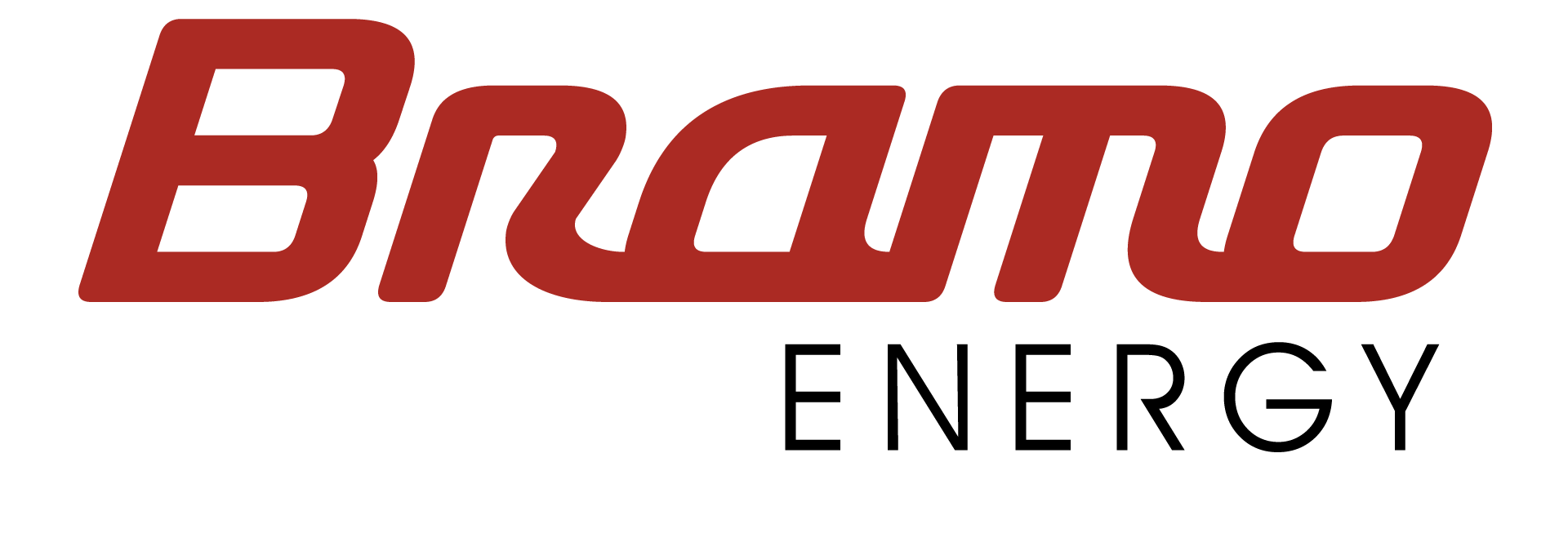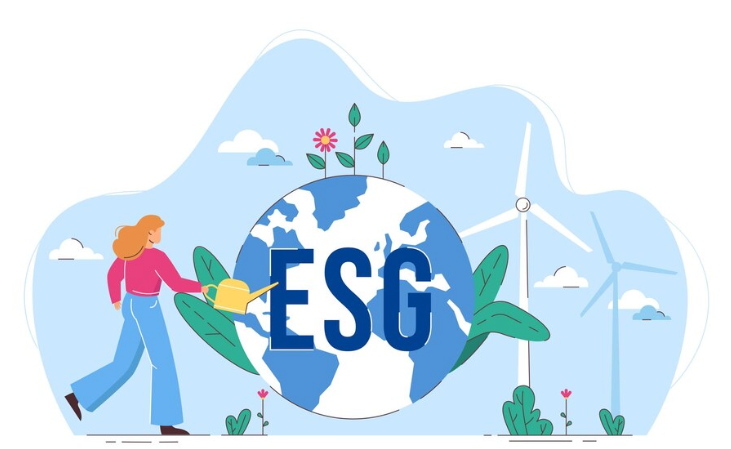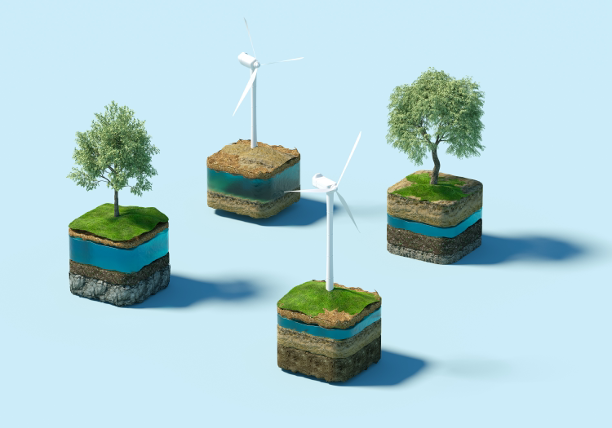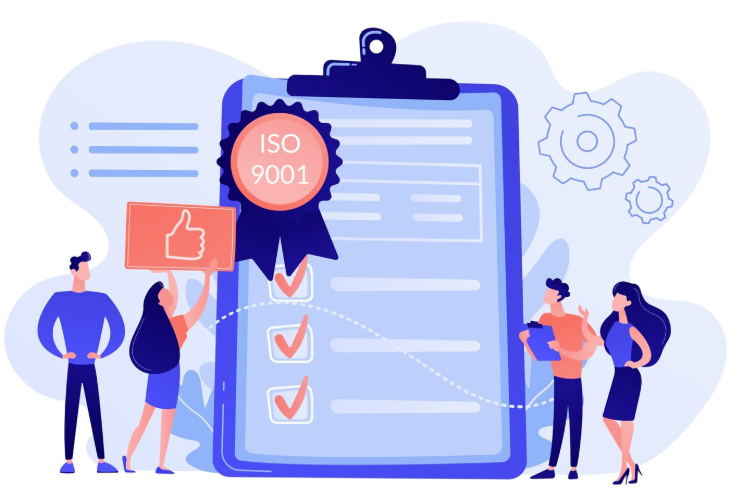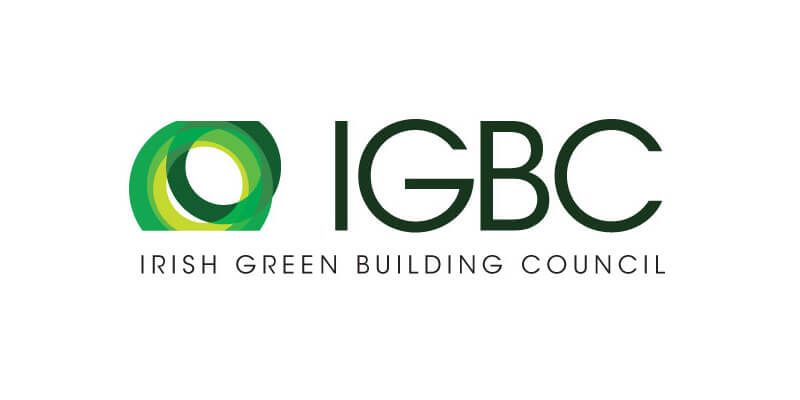
Carbon Neutral vs. Net Zero: What’s the Difference?
While both terms focus on reducing environmental impact, carbon neutral means balancing carbon emissions by investing in offsets, such as tree planting or renewable energy.
Net zero, on the other hand, is more ambitious—it targets reducing all greenhouse gases and balancing emissions through removal methods.
Understanding these distinctions is key for businesses aiming to meet climate goals and communicate their efforts effectively.
Achieving Carbon Neutrality:
The path to carbon neutrality involves calculating your carbon footprint, reducing emissions, and investing in offsets to balance the remaining output.
Certifications such as PAS 2060, adds credibility by validating your carbon-neutral status. By doing so, your business can enhance its reputation, attract sustainability-conscious customers, and meet regulatory requirements.
Reaching Net Zero:
Net zero is a long-term goal that requires deep reductions in emissions across your entire supply chain and operational processes. It’s not just about balancing emissions but also removing the rest through natural methods like reforestation or advanced technologies like carbon capture and storage (CCS).
By pursuing net zero, your business demonstrates a serious commitment to tackling climate change while positioning itself as a leader in sustainability.
Key Differences:

The primary distinction lies in approach: carbon neutral focuses on offsetting carbon emissions, meaning you can still produce emissions as long as they’re balanced out.
Net zero, however, prioritises reducing emissions at the source and includes all types of greenhouse gases.
It’s a more comprehensive approach that requires fundamental changes in how a business operates, making it more challenging but ultimately more impactful.
Opportunities & Impact:
Although achieving net zero can be complex, it presents businesses with vast opportunities for innovation, cost savings, and market differentiation.
Transitioning to a low-carbon economy can unlock new technologies, foster sustainable growth, and meet evolving consumer and investor expectations.
Businesses that adopt net zero strategies now are better positioned for future regulations and will attract talent and investors who value long-term sustainability.
Would you like to know more?
Or do you have any questions about one or more of these topics?
Feel free to contact us at hello@bramoenergy.com.

